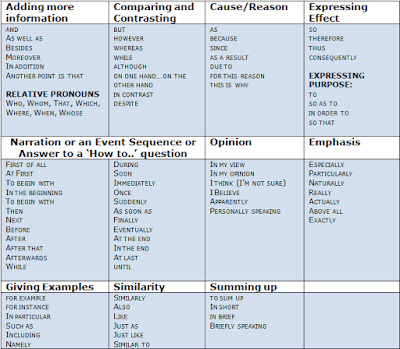Tap water as good as bottled water
A study commissioned by Australia’s Weekend Australian
newspaper __________ there is little difference between tap water and
bottled water.
Chemists from Sydney’s University of Technology
__________ the tap water in three Australian cities, Sydney,
Melbourne and Adelaide, as well as various brands of mineral water.
Their _results_ showed that the bottled water tested was no cleaner
than tap water.
The research leader, Dr Grant Hose __________ the
idea that bottled water was purer than the tap variety.
The Weekend
Australian reports him as saying, “Tap water is as healthy for
you as bottled water - it's no different.” The research also
__________ tap water may be better for your teeth as it contains
fluoride, which is excluded from most bottled water.
A huge
difference __________ by the study was the relative price of mineral
water.
The newspaper reports the leading Australian brand, priced at
$1.60 a liter, is “209,333 __________ more than tap water, which in
Melbourne costs 0.075 of a cent per liter”.
results
reveals rejected per cent indicated
wasting highlighted analyzed
TRUE
FALSE: Guess whether the
following statements about the article are true or false:
-
Bottled mineral water is a total waste of money. T / F
-
A newspaper commissioned a study to compare tap water and mineral water. T / F
-
There is little difference between tap water and bottled water. T / F
-
Mineral water is much cleaner than tap water. T / F
-
A researcher accepted the idea that mineral water is purer than tap water. T / F
-
Tap water is better for your teeth than mineral water. T / F
-
Bottled water contains lots of fluoride. T / F
-
Bottled water can be 2,093 times more expensive than tap water. T / F

